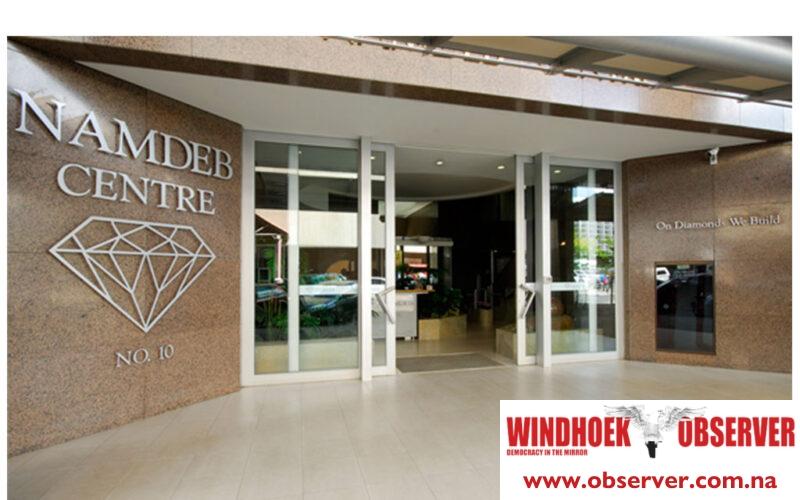CHAMWE KAIRA
The government has revised down its revenue projections for the 2024/25 financial year to N$90.9 billion, a 1.3% decrease from earlier estimates.
The decline is mainly due to lower returns from state-owned enterprises, especially Namdeb Holdings.
Budget documents from the Ministry of Finance show that dividends from SOEs fell by 75.7% to N$561 million.
This was largely caused by Namdeb’s underperformance and the delay in receiving N$1.6 billion from the planned dissolution of Namibia Post and Telecommunication Holdings.
Meanwhile, central government expenditure was left unchanged from earlier estimates, resulting in a revised budget deficit of 3.9% of GDP, up from 3.2% estimated by the minister in both February 2024 and October 2024.
When compared to the previous fiscal year, Central Government revenue increased by 11.5% to N$90.9 billion and expenditure by 15.9% to N$101.4 billion in 2024/25.
The budget deficit at 3.9% of GDP compared with 2.4% in 2023/24 suggests a moderate easing of fiscal policy.
The widening deficit is primarily due to rapid growth in expenditure necessary to cover unforeseen and unavoidable costs, such as drought relief, social grants, and funding for the University of Namibia and the Namibia Students’ Financial Assistance Fund.
Despite significant tax refunds and relief measures, revenue for the 2024/25 period is also estimated to have increased at a double-digit pace, largely driven by strong SACU revenue, VAT receipts, and increased income tax collections from individuals.
This can be linked to higher domestic demand due to enhanced economic activity and improved compliance with tax regulations.
Looking ahead, the March 2025 Budget provided for a moderate further widening of the budget deficit to 4.6% of GDP in 2025/26.
Total central government loan guarantees rose at the end of December compared to the corresponding period in 2023. The central government’s total loan guarantees rose to N$8.9 billion during the period under review.
The Ministry of Finance announced that the rise was due to the disbursement of guaranteed domestic loans in the energy sector.
Foreign loan guarantees declined by 1.9%, attributed to the repayments of some loans that were guaranteed by the government to public institutions in the transport and communication sectors.
As a percentage of GDP, total central government loan guarantees declined by 0.2 percentage points to 3.3% during the quarter ending December.
Total loan guarantees remained well below the government’s set ceiling of 10% of GDP, which signifies a low contingency liability risk.
The ministry said that even though revenue and spending both increased in 2024/25, the unchanged spending and lower income created a wider fiscal gap.
It stressed the need to monitor SOE performance and revenue reliability closely.




